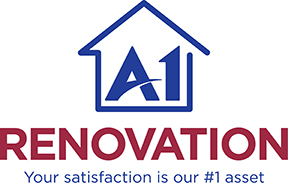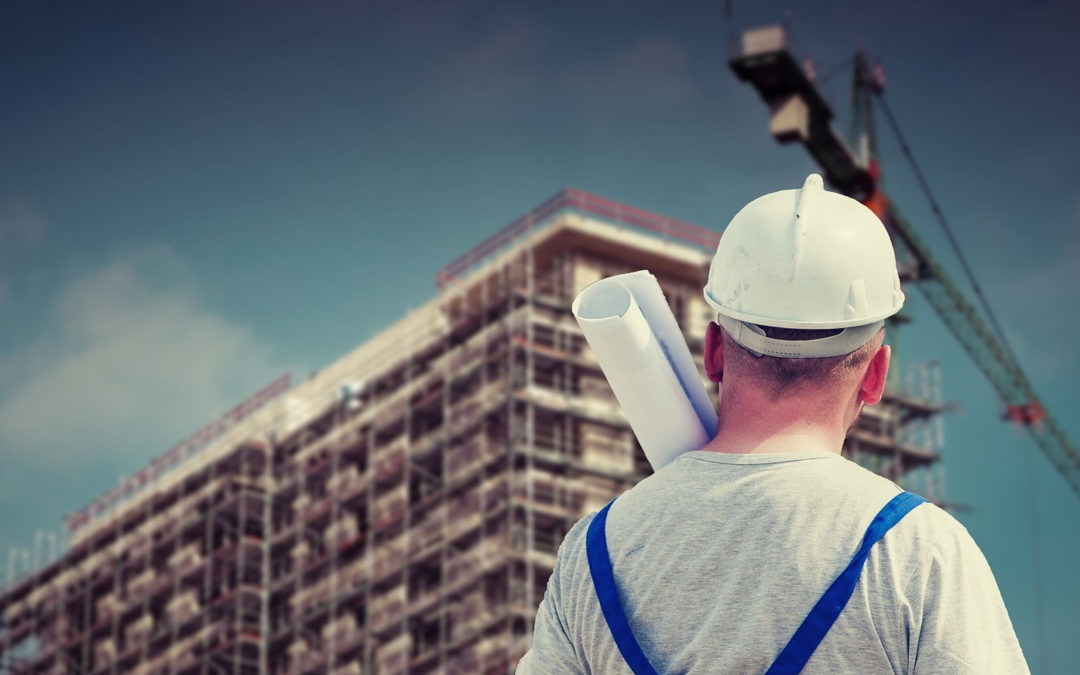A commercial contractor functions pretty similarly to a general contractor at the heart of what they do. The biggest difference is scale.
There are certainly a lot of things to consider when building a house or remodeling it, for instance. But when you’re talking commercial properties, whether office buildings or parking garages, there tend to be a lot more moving parts. This is because there are more materials involved (and thus more people working with them), but also that there are more safety concerns to plan for.
Commercial projects tend to involve heavier machinery and stricter deadlines. A surprise snag in the project can have serious ramifications. A forklift oversight could injure multiple people. An oversight in structural planning could cause delays in funding, issues with insurance, or worker injuries.
As you can see, there’s a lot at stake with commercial jobs.
A commercial contractor needs to be able to do several things well:
- Quickly assess a project’s scope and plan for a work crew that can both meet budget and particular project needs.
- Anticipate potential project snags or slow downs, such as permits, steps that are contingent upon other steps being complete, and stages of the project that may create safety concerns for certain parts of the crew if not coordinated well.
- Stay organized in not only creating the plan, but remaining abreast of it as it progresses to ensure crews reach project milestones on target.
At A-1 Renovation we’ve been handling commercial jobs for over 30 years. We’ve gained a lot of valuable insight in that time, and companies around the Winston Salem area trust us on their construction and renovation jobs because of our ability to keep the work on track.


